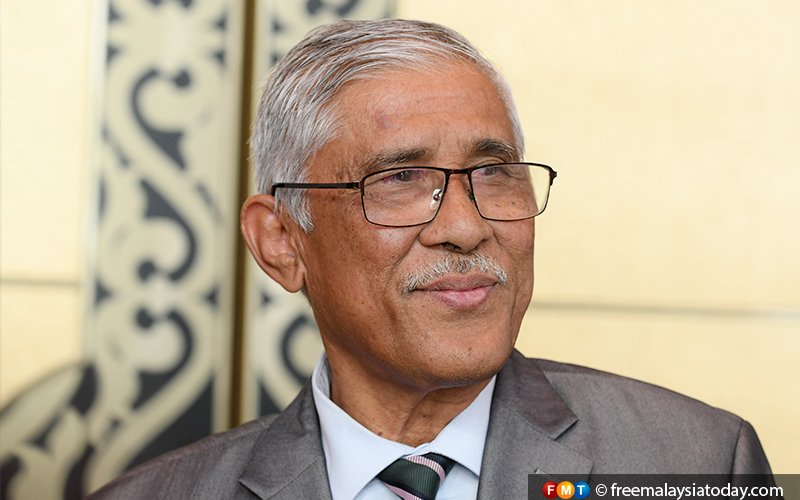
PETALING JAYA: Old cases of reported police misconduct may be reviewed once the Independent Police Complaints and Misconduct Commission (IPCMC) comes into force.
National Centre for Governance, Integrity and Anti-Corruption (GIACC) director-general Abu Kassim Mohamed said this issue had been discussed at their meetings.
“We will look into the legal opinion on what would happen to old cases. This is a matter of concern for us,†he told reporters after speaking at an anti-corruption forum organised by the International Strategy Institute (ISI).
The IPCMC was mooted in 2005 amid calls for a police oversight body following cases and complaints of wrongdoing.
Home Minister Muhyiddin Yassin announced in May that IPCMC would be established before the end of this year, following a meeting between Inspector-General of Police Abdul Hamid Bador and the GIACC.
It was reported that police had agreed to the establishment of the IPCMC with the guarantee that their role and powers would not be eroded.
The IPCMC bill, which was tabled for first reading on July 18 and is scheduled for a second reading in October, has been criticised by various parties, including former IGP Fuzi Harun.
On another matter, Kassim said amendments to the Federal Constitution to allow Parliament to decide on the dismissal and appointment of the Malaysian Anti-Corruption Commission (MACC) chief were in the pipeline.
“It is also in the national anti-corruption plan (NACP).â€
Currently, the appointment of the MACC chief commissioner is done by the prime minister, with the consent of the Yang di-Pertuan Agong.
One of the initiatives of the NACP, Kassim said, was to ensure the appointment and dismissal of the chief commissioner is in accordance with the Jakarta Statement.
The Jakarta Statement on Principles for Anti-Corruption Agencies states that the heads are to be appointed through a process that ensures his or her apolitical stance, impartiality, neutrality, integrity and competence.
However, Kassim added that such amendments would only be tabled in Parliament once the relevant authorities had arranged for discussions with the GIACC and prepared the necessary paperwork.
“They are currently doing the study. To bring it to the Cabinet, there must be strong justification,†he said.
Sumber : Free Malaysia Today


